BUILDING
POWER, BUILDING
NATIONS: JINDAL AFRICA’S STRATEGIC ROLE IN SOUTHERN AFRICA’S INDUSTRIAL FUTURE





POWER, BUILDING




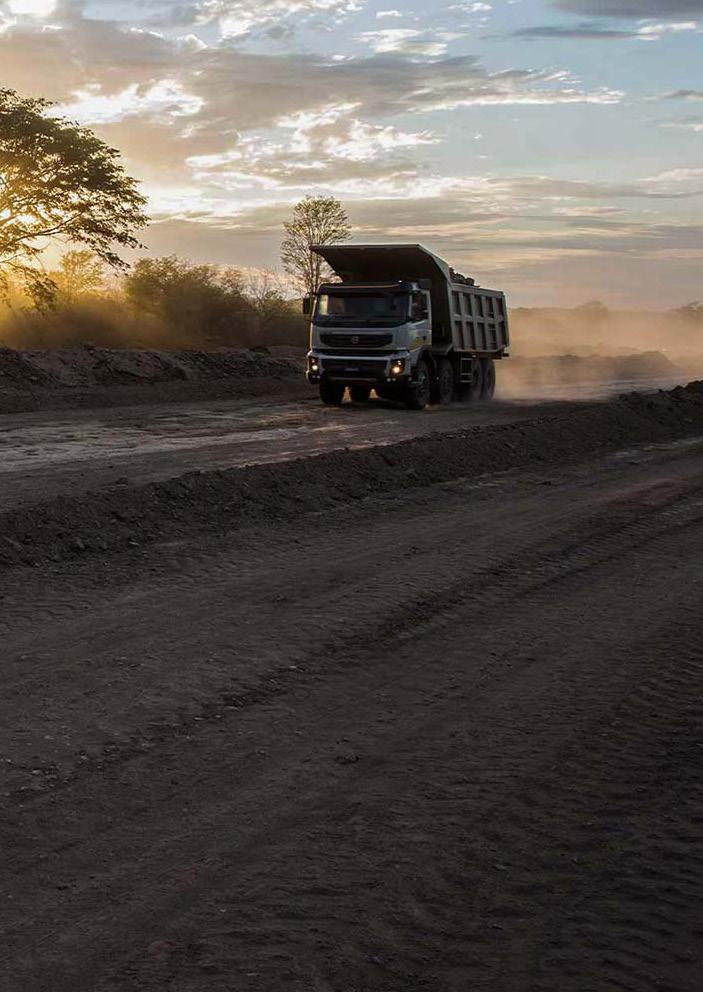
JINDAL AFRICA PROJECT DIRECTED BY: ADEL MHIRI
Jindal Africa’s growing presence across Southern Africa is more than just a tale of resource extraction; it is a testament to the company’s commitment to regional development, energy security, and long-term investments in infrastructure and people. At the helm of this ambitious mission is Parshant Goyal, the Chief Executive Officer of Jindal Africa, whose extensive three-decade career in mining has made him one of the most respected and seasoned leaders in the global industry.
Goyal’s journey into the mining sector began in 1993, shortly after completing his bachelor’s degree. He quickly made his mark at Mahanadi Coal Fields Limited, serving as Superintendent of Mines, before joining the Jindal Group in Odisha as Deputy General Manager in 2000. His career took an international turn in
2011 when he moved to South Africa to spearhead Vandana Global’s business development efforts across the continent. His expertise led him to assume roles as General Manager and Project Director for Jindal Africa in Tete, Mozambique, where he managed a $300 million investment and oversaw a workforce of 800.
Between 2016 and 2020, Goyal held senior positions in Kazakhstan and Europe. As Director of Production and Chief Technical Officer for ArcelorMittal’s Coal Division, he led one of the world’s most complex mining environments to a remarkable 22-month fatality-free record. He then transitioned to Romania, where he served as Technical Advisor for Mining (Australia) and Head of Raw Materials (Europe) for Liberty Steel Group, responsible for sourcing raw materials and ferroalloys valued at over €1.7 billion.
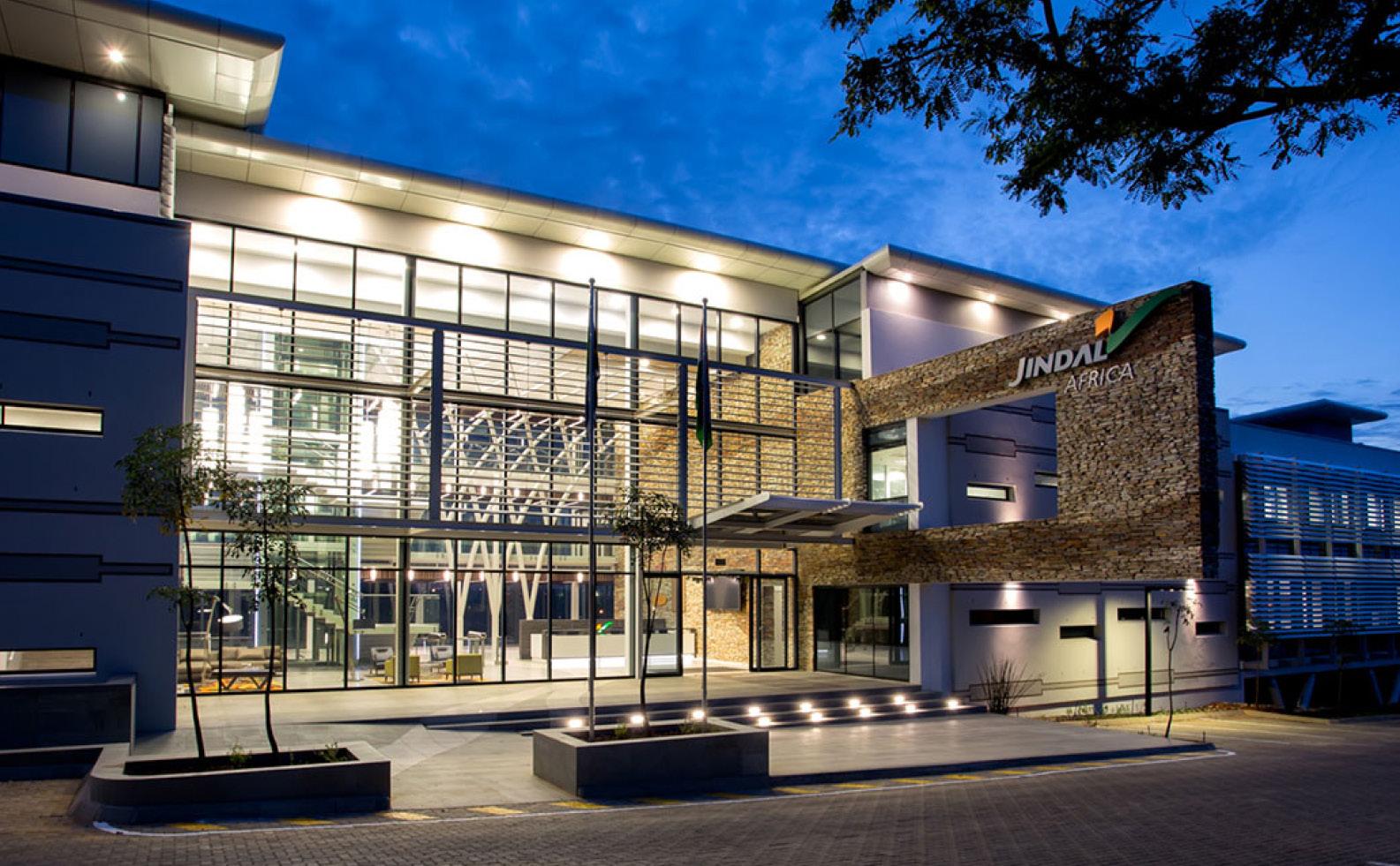
As CEO of Jindal Africa, Goyal now oversees operations across South Africa, Mozambique, Botswana, Namibia, and Malawi, with strategic interests extending into Angola and Zimbabwe. Under his leadership, Jindal Africa is not just focused on coal and iron ore extraction, but also plays a crucial role in power generation, infrastructure development, and the empowerment of local communities.
Managing such a vast and intricate portfolio is no easy feat. Goyal credits much of his success to Jindal Africa’s decentralised operational model, which allows each country to have a dedicated senior executive team reporting directly to him. This structure provides regional flexibility while maintaining strong central oversight. “Ultimately, responsibility lies with me,” Goyal states, “but our country heads have the autonomy and trust to lead on the ground.”
While coal remains central to Jindal Africa’s operations, especially in South Africa and Mozambique, Goyal is quick to emphasise the company’s embrace
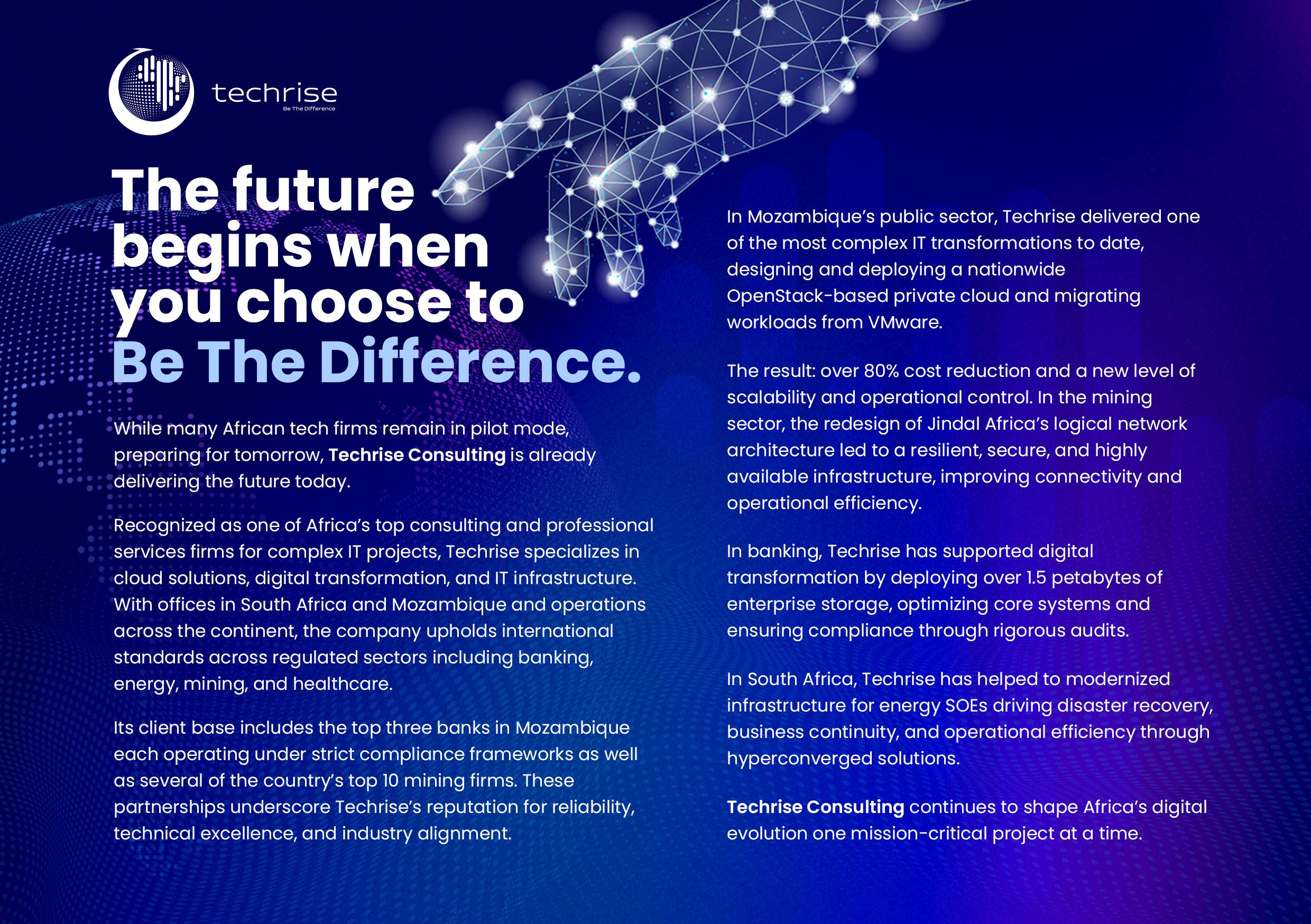
of the energy transition. “We recognise the importance of the energy shift,” he explains. “We’re investing in solar energy and exploring hydrogen-based steel production. However, the fact remains that developing nations require base-load power, and intermittent energy alone cannot meet their needs.”
A key example of this is the Mamabula Energy Project in Botswana, which is backed by a 30-year power purchase agreement and will address critical power shortages in Botswana and neighbouring countries such as Zambia and Zimbabwe. “Hydropower has declined in effectiveness, and solar efficiency is still limited,” Goyal says. “This project will become a cornerstone for regional power generation.”
Environmental responsibility is a key component of Jindal Africa’s projects. A $2 billion coal project in Southern Africa recently went through an environmental scoping process. After initial rejections, the company collaborated with authorities to revise and resubmit its studies, eventually


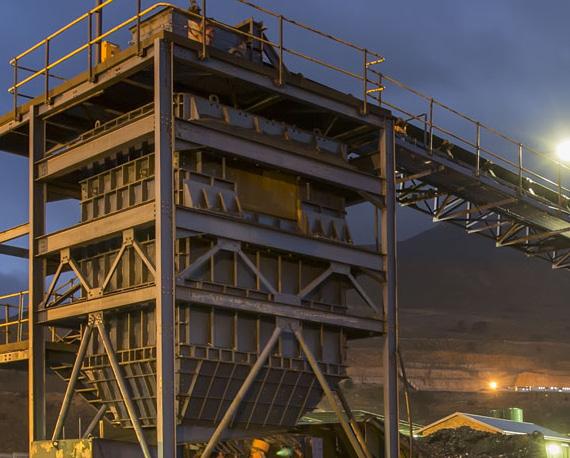
receiving approval. “This isn’t just a mining project,” Goyal asserts, “it’s a driver of regional prosperity.”
In Mozambique, Jindal Africa is transforming low-grade thermal coal— otherwise destined for waste—into power, generating 300MW using state-of-theart technologies to ensure emissions are well below ESG thresholds. In Botswana, the company even transplanted trees to preserve local biodiversity, underlining its dedication to environmental stewardship. “We believe in prevention, not repair,” Goyal says.
This forward-thinking approach extends to logistics as well. Jindal Africa manages its own rail and export infrastructure in
Mozambique, allowing it to ship high-grade metallurgical coal globally while converting lower-grade coal into local power. In Botswana, coal reserves are used directly for domestic power production. “If a country is blessed with resources, we must find ways to add value locally,” Goyal explains.
Social investment is deeply ingrained in Jindal Africa’s operations. In South Africa, the company adheres to the Social and Labour Plan (SLP) requirements, submitting annual reports to the government. However, Goyal emphasises that for the company, this commitment goes beyond mere compliance. “We see tangible, positive changes on the ground,” he says. “Our initiatives genuinely uplift communities.”

Mozambique provides a prime example of this commitment. Since Jindal Africa began operations in the country in 2012, it has provided stable employment for hundreds of people in surrounding villages, substantially improving local living standards. In Botswana, the company invested over 10 million pula in community development before commencing site work, supporting schools, medical facilities, and women’s empowerment initiatives.
Talent development is another cornerstone of Jindal Africa’s business model. Over 45 Mozambican students have been sent to India for higher education, including MBAs. In Botswana, 20 university students were selected
through a rigorous recruitment process and are being trained at the Jindal Power Institute in India. “We’re not just building power plants,” Goyal says, “we’re building leaders.”
Innovation also plays a pivotal role in Jindal Africa’s operations. The company uses advanced monitoring systems across its mining and energy sites to track dust, emissions, and other environmental metrics. It continuously trials and adopts new technologies as they become available, including advanced filtration and tree transplantation techniques.
Risk management is integral to the company’s strategy. Goyal highlights the importance of adhering to each country’s
LBH Mozambique, a member of the LBH Global Group, has developed the reputation as a market leader in Ships Agency, Clearing and Forwarding and Logistics over its storied 35+ year history. These decades of locally-bred experience, backed by an international team and footprint across 26 countries over six continents (with 10+ branches in Southern Africa), LBH is uniquely placed to provide a worldclass service tailored to every customer’s specific needs.
LBH focuses on providing its customers with the best solutions and sound technical advice in the areas of maritime agency, clearing and forwarding and logistics, including various related services, such as warehousing and transport solutions, spares and provisions, project planning and support to name a few.
LBH works closely with terminals, rail and port authorities to provide a world-class agency experience to ship and cargo owners through the various corridors from central Mozambique to Botswana, Democratic Republic of Congo, Malawi, Zambia and Zimbabwe.
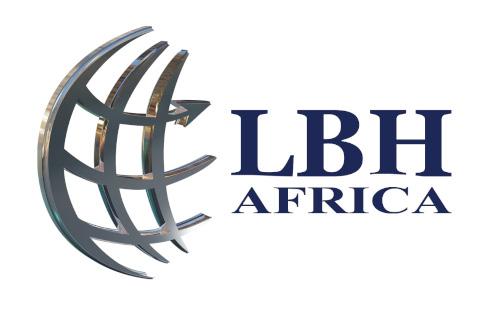
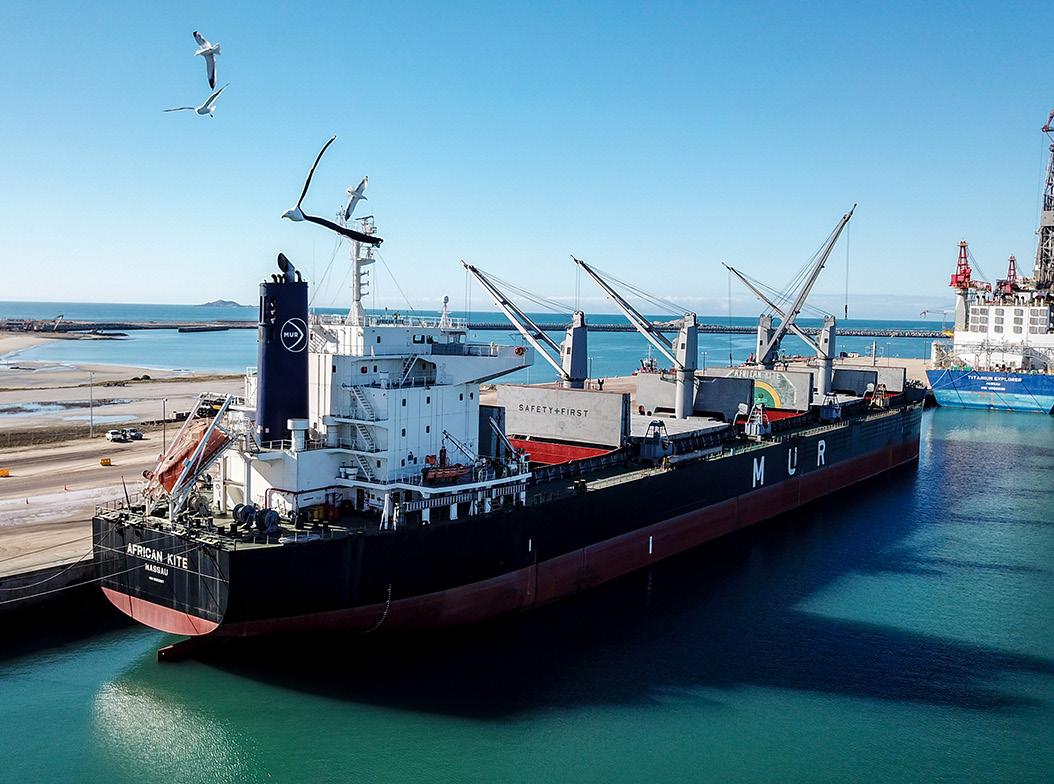
www.ibhsouthafrica.com
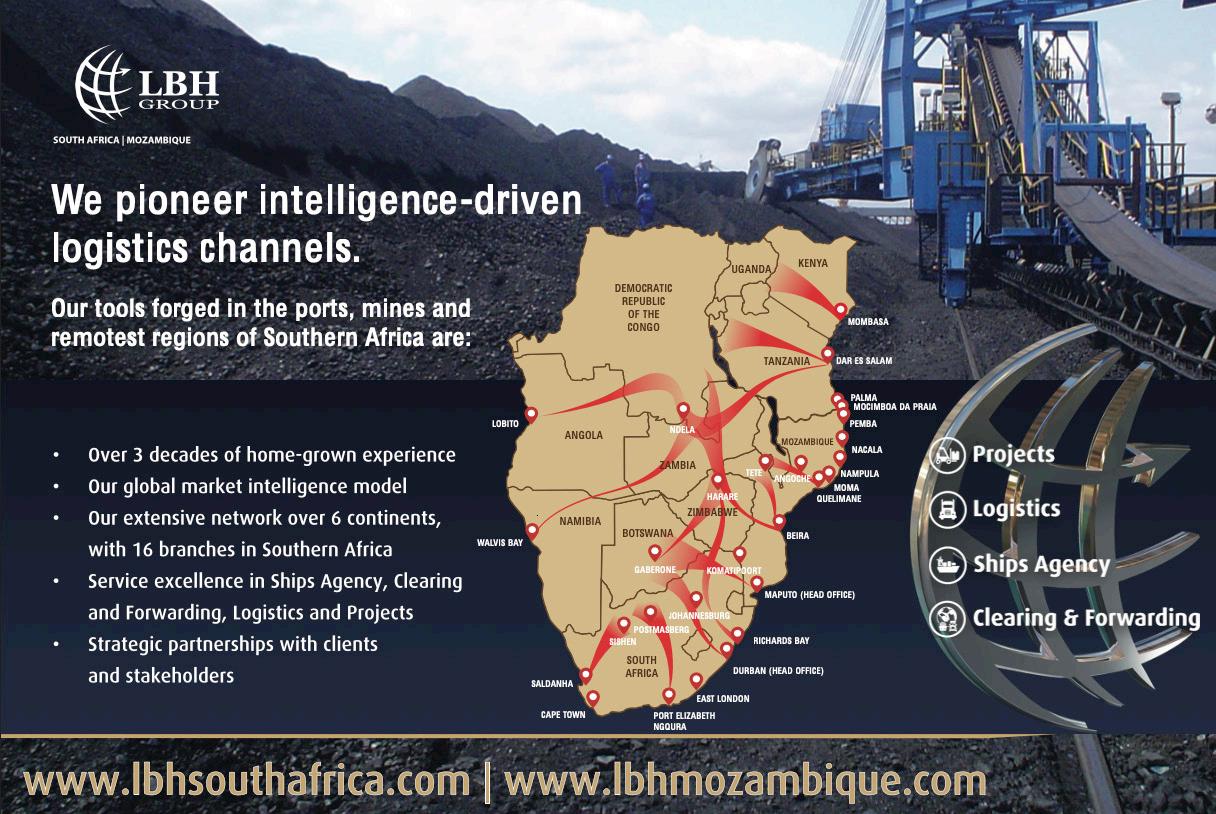
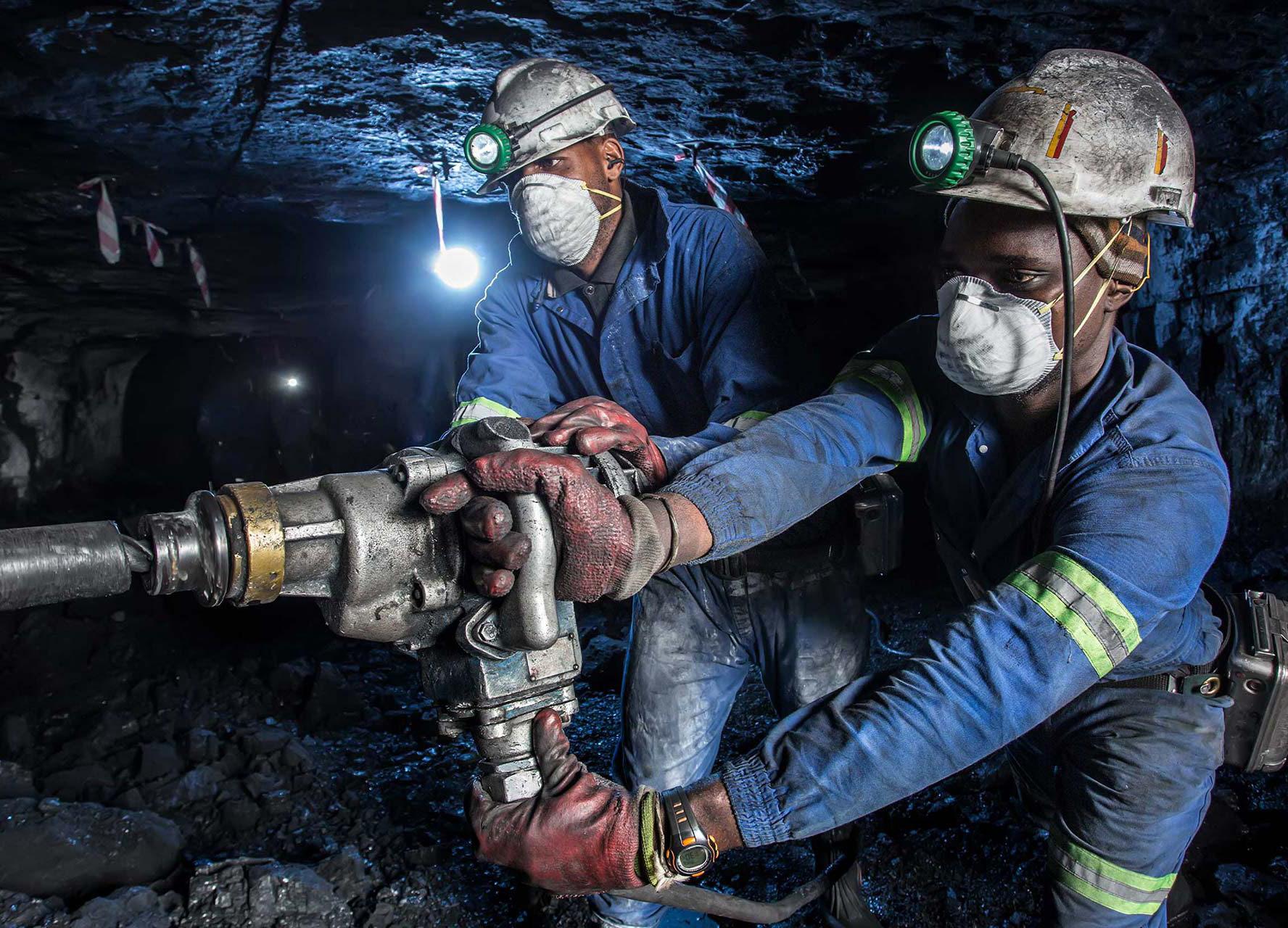
legal framework and proactively engaging with governments when regulatory changes arise. “It’s about dialogue and mutual understanding,” he explains. “We present our case, listen to theirs, and resolve challenges collaboratively.”
Jindal Africa’s focus on long-term investments is evident in its ability to adapt quickly to changing market dynamics. “Whether it’s evolving regulations or shifting geopolitical conditions, we adjust swiftly,” says Goyal. “We invest with a long-term view, staying flexible without compromising on our standards.”
While the company’s primary focus remains on coal and iron ore, Jindal Africa is expanding into copper and manganese—key commodities for the development of green infrastructure. Projects in Cameroon and Angola are already underway, and while they may fall
outside Goyal’s immediate responsibilities, the guiding principles remain the same: strategic investment, environmental sustainability, and social value creation.
Goyal believes that Jindal Africa’s credibility stems from its commitment to enduring, even in tough times. “In Mozambique, we stayed through the downturn,” he reflects. “We supported our people when the markets were difficult. That’s why we are respected. We don’t just extract and exit—we build and stay.”
As the conversation draws to a close, Goyal reflects on Jindal Africa’s deeper role on the continent. “We see ourselves as partners in Africa’s future,” he concludes. “Our commitment is to sustainable growth, empowering people, and building industries that endure. That’s our legacy.”
www.jindalafrica.com